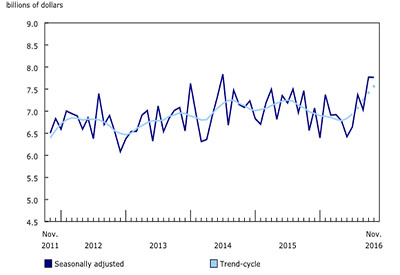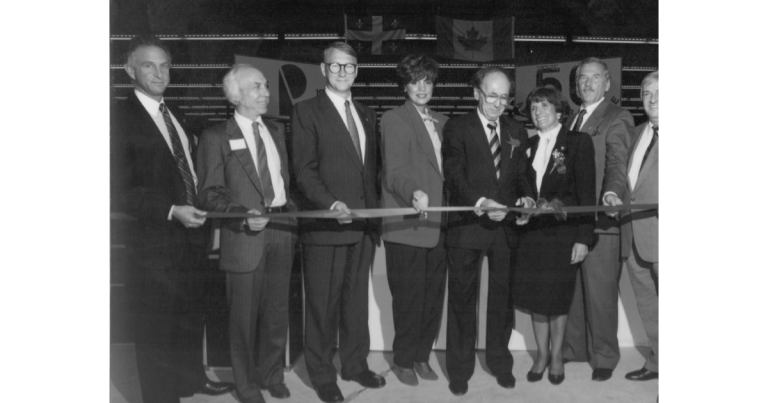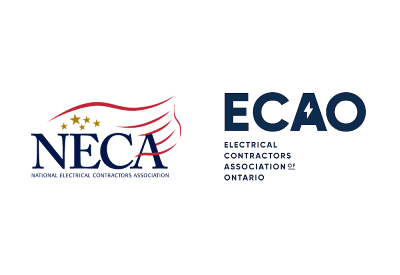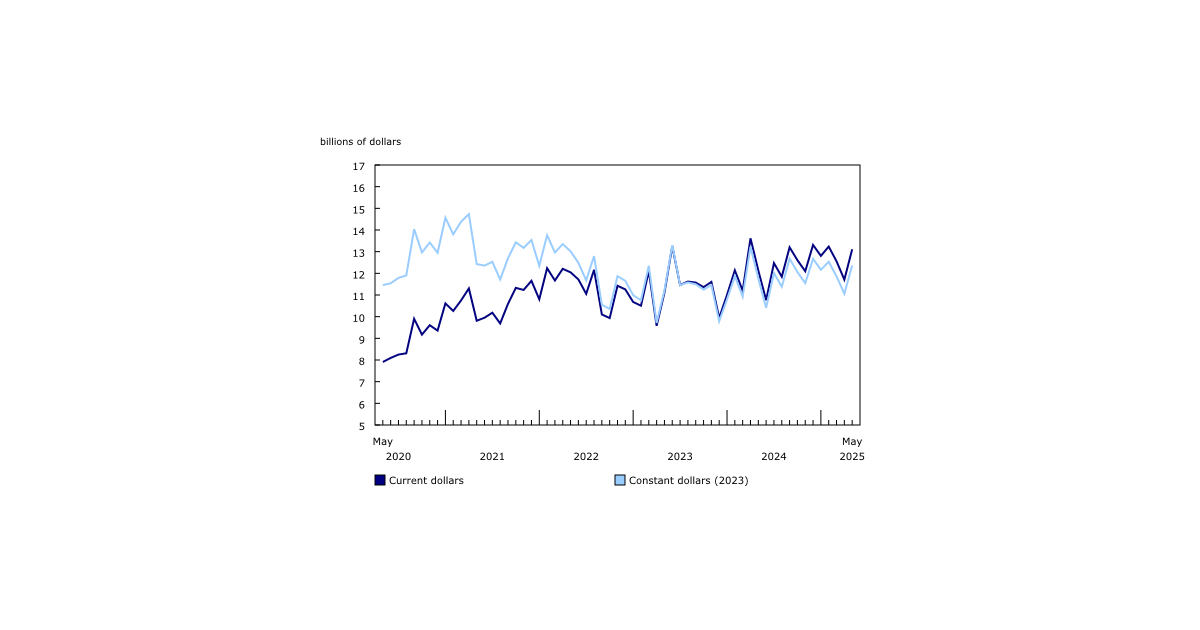November Residential Building Permits Decline as Non-residential Rise

January 15, 2017
Municipalities issued $7.8 billion worth of building permits in November, down 0.1% from October. The decline largely resulted from lower construction intentions in Alberta, following a spike the previous month due to impending changes to the Alberta Building Code.
In the residential sector, the value of building permits fell 1.6% to $5.1 billion in November, following three consecutive monthly increases. Declines were posted in four provinces, led by Alberta. The largest gains were posted in British Columbia and Quebec.
The value of non-residential building permits rose 3.0% to $2.6 billion, the fourth increase in five months. Higher construction intentions were registered in five provinces, led by Quebec and Ontario. The largest decline was reported in Alberta.
Residential sector: single-family dwellings record the largest decrease
In the single-family dwelling component, municipalities issued $2.8 billion worth of permits in November, down 2.0% from October. The decline in Alberta was large enough to offset gains in seven provinces.
The value of permits for multi-family dwellings fell 1.0% to $2.4 billion in November, following four consecutive monthly increases. Declines were reported in six provinces. Lower construction intentions in Alberta and Ontario were mainly responsible for the decrease.
Municipalities approved the construction of 19,498 new dwellings in November, up 0.5% from the previous month. The increase was attributable to multi-family dwellings, which rose 3.3% to 13,035 new units. Conversely, single-family homes fell 4.8% to 6,463 new units.
Non-residential: higher construction intentions for institutional and industrial buildings
Construction intentions for institutional buildings were up 25.2% to $686 million in November, following two consecutive monthly declines. The gain was largely the result of higher construction intentions for educational facilities and nursing homes. Increases were reported in four provinces, led by Ontario and Quebec.
The value of industrial permits rose 10.1% to $404 million in November, a second consecutive monthly increase. The advance was mainly attributable to higher construction intentions for primary industry buildings, manufacturing plants and maintenance facilities. Gains were posted in six provinces, most notably Quebec.
In the commercial component, the value of building permits was down 6.1% to $1.5 billion in November. Lower construction intentions for hotels, office buildings and retail complexes contributed to the drop. Declines were reported in five provinces, led by Alberta.
Provinces: Alberta records the largest decline
The total value of building permits was down in four provinces in November, with Alberta posting the largest decrease. Significant advances in Quebec, Ontario and British Columbia were not enough to offset the decrease in Alberta.
Following a notable gain in October — largely the result of an impending change in the provincial Building Code — the value of permits in Alberta dropped 36.9% to $1.1 billion. Residential dwellings, down 36.2% from the previous month, accounted for over half of the provincial decrease. Every building permit component declined, led by commercial buildings, specifically retail complexes and hotels.
Conversely, Quebec, Ontario and British Columbia recorded the largest gains in November. In Quebec, higher construction intentions were posted for every component, led by multi-family dwellings. The advance in Ontario was mainly attributable to higher construction intentions for institutional and commercial buildings, while in British Columbia the increase was led by multi-family dwellings.
Census metropolitan areas: Calgary registers the largest decrease
In November, the value of building permits was down in 16 of 34 census metropolitan areas. The largest decline was posted in Calgary, followed distantly by Toronto.
In Calgary, following a 66.2% increase in October, the value of building permits fell 77.0% in November. Lower construction intentions in every component contributed to the decline, led by multi-family dwellings, commercial buildings, and single-family homes.
In Toronto, the value of permits was down 11.0% to $1.6 billion in November, following a 25.7% increase in October. The decrease was mainly attributable to lower construction intentions for residential buildings.
In contrast, Vancouver recorded the largest gain, largely as a result of higher construction intentions in all components, most notably multi-family dwellings.
Source: Statistics Canada, http://www.statcan.gc.ca/daily-quotidien/170110/dq170110a-eng.htm.

















